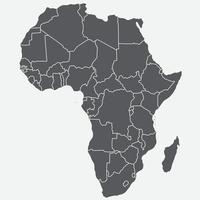
I could give you a dozen examples like this where people are not getting the truth. Let me know what you think. One of the best selling products that we carry is mudcloth. Mudcloth is a hand woven fabric from Mali, West Africa that I know a lot about. When I do fabric trade shows showing our African fabrics, there are always some students who come to my booth as part of their school. There is normally at least one student who will tell me (with a lot of authority in their voice) that mudcloth is made with animal feces. There was a very famous clothing designer who told me the same thing. I can only assume that there is a book somewhere about mudcloth where someone wrote this. I have watched mudcloth being made; I have read books on mudcloth; and at Africa Imports I have handled and sold more mudcloth than probably anyone else. I had never seen or heard of this "secret ingredient" to mudcloth though. So I started asking some different African people in Mali where mudcloth is made if this is what is used. I asked between six and ten knowledgable people from Mali who I knew well if they had ever heard of this or seen it. They were all surprised when I asked because that is not how mudcloth is made. I know these people really good. Some of them are good friends. They weren't trying to keep a secret from me or anything. They had just never heard of this before. Somewhere there is someone who wrote a book about fabrics that says mudcloth is made with animal feces. The book is apparently used in schools. In the western world there is now a group of otherwise knowledgable people who are teaching something wrong about mudcloth.
Mudcloth is not the most important subject in African history. If there is wrong teaching about this though, you can wonder if there is other wrong information being taught about Africa. In my next blog post, I'll tell you one reason why some of this mis-information gets written into African history.
 USD
USD  GBP
GBP  CAD
CAD  AUD
AUD 